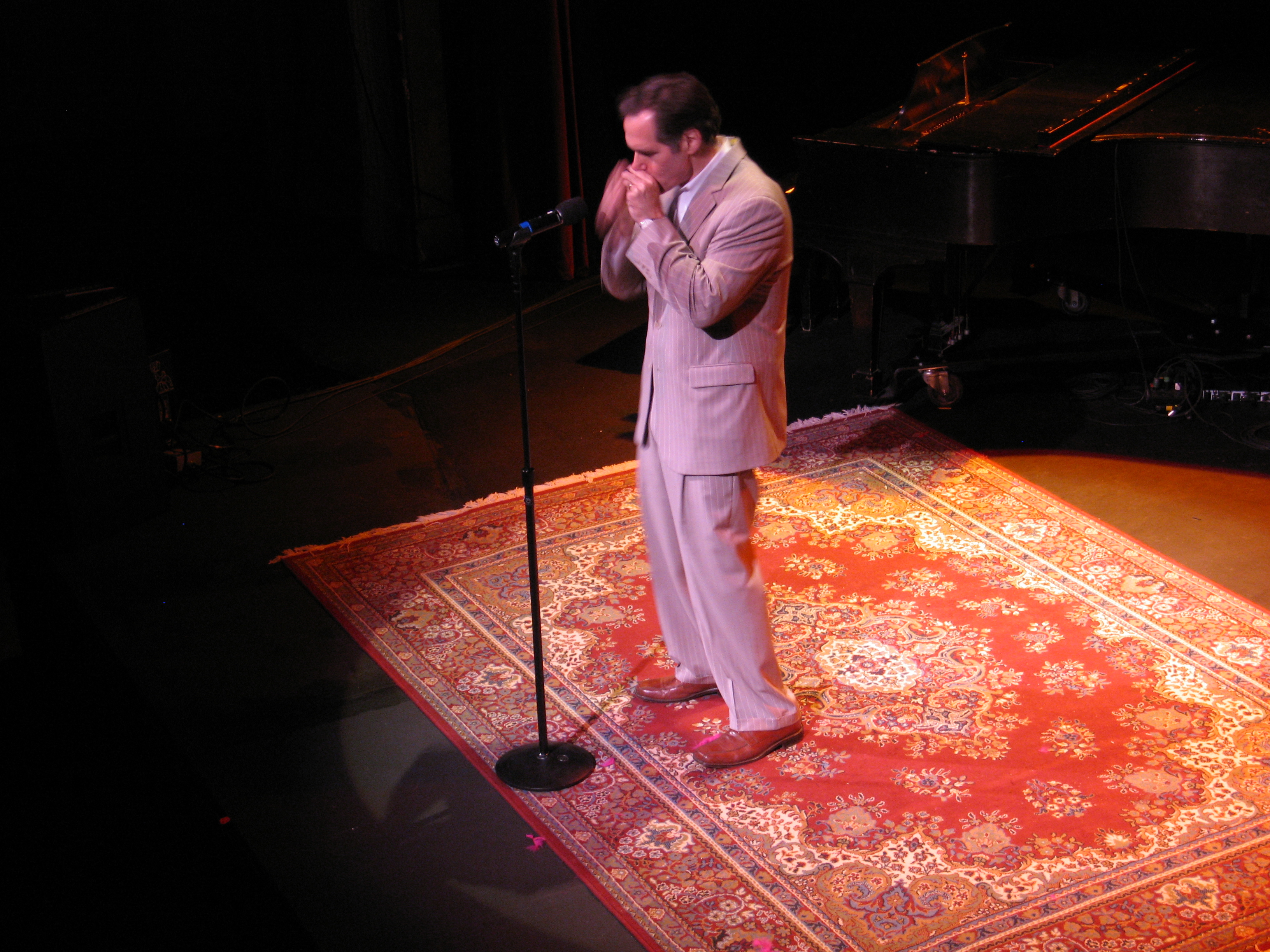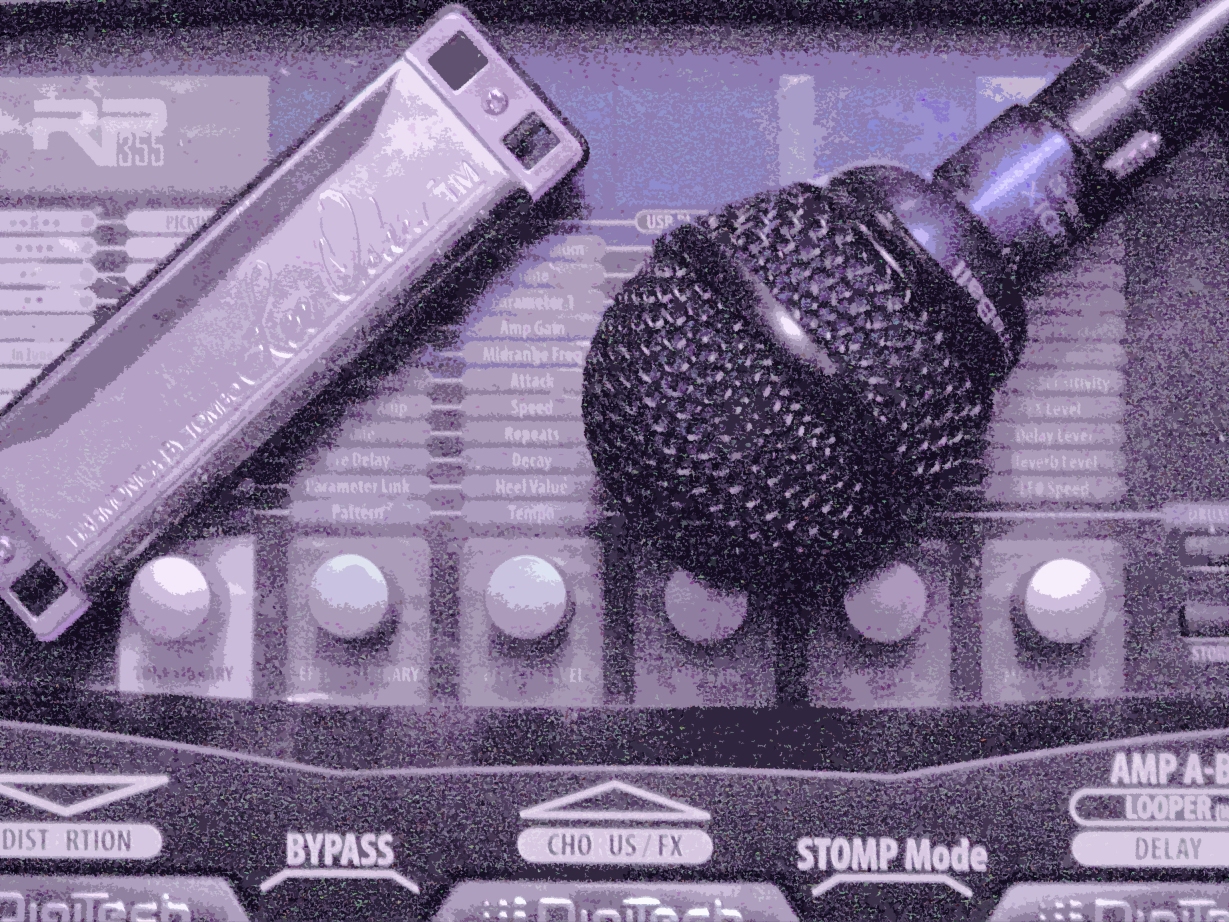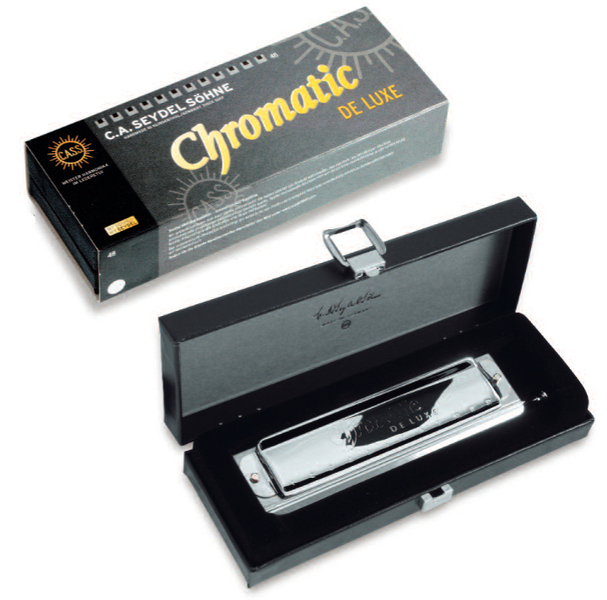
Something About Charlie
Charlie Musselwhite’s recording of “Cristo Redentor” on his album Tennessee Woman (Verve Records) was a life-changing experience for me. It was the first recording I ever heard that made me want not only to play, but to master, the harmonica, because it revealed to me depths of emotion in the instrument that I had never dreamed existed.
It was 1969. I was 17 years old. I had been playing piano since the age of 9, and harmonica for about 2 years. I had learned a few things from Paul Butterfield’s and Taj Mahal’s records, and I thought I knew how to play.
I read a review of Tennessee Woman by Alan Heinemann in Downbeat, and I went right out and bought the record. I played it as soon as I got home. I dropped the needle on the first cut — “Cristo Redentor,” of course — at least a half dozen times before I could believe that what I was hearing — that sound like someone screaming in a black-walled pit — was actually a harmonica. I was simultaneously awed and overjoyed; I wanted to be able to make that sound more than anything.
I spent much of the next three years studying Charlie Musselwhite’s style. I listened to his album Takin’ My Time, on Arhoolie — the great LP that featured Robben Ford on guitar and Skip Rose on piano, easily one of Musselwhite’s best bands — over and over, memorising every phrase (of Rose’s as well as Musselwhite’s). I have not listened so closely to Musselwhite for years, and I still carry him around in my head; he is so blue. I am now more than ever convinced of what I believed at 17: Charlie Musselwhite can do no wrong.
Related Posts
2 Comments
Leave a Reply
You must be logged in to post a comment.
WHAT’S NEW
Categories
- Audio/Video
- Blog
- Blue Future
- Digitech RP Tricks and Tips
- Discography, CDs, Projects, Info, Notes
- Featured Video
- For the Beginner
- Gallery
- Hunter's Effects
- Hunter's Music
- Huntersounds for Fender Mustang
- Meet the Pros
- More Video
- MPH: Maw/Preston/Hunter
- My Three Big Contributions
- Player's Resources
- Pro Tips & Techniques
- Recommended Artists & Recordings
- Recommended Gear
- Recorded Performances
- Reviews, Interviews, Testimonials
- The Lucky One
- Uncategorized
- Upcoming Performances
- Zoom G3 Tips and Tricks


Greetings! I’ve been reading your site for a while now and
finally got the bravery to go ahead and give you a shout out from
New Caney Tx! Just wanted to mention keep up the good work!
Thanks!